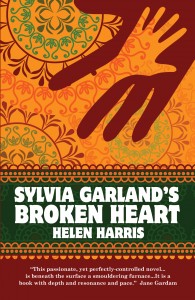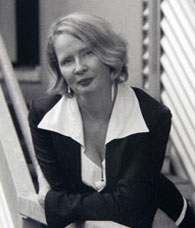This article was contribute by Frederick Cowell from Birkbeck’s School of Law. It was originally published on The Conversation.
David Cameron has nailed his colours to the mast by promising to create a British bill of rights. His intention is clear – the Human Rights Act will be abolished and the UK will abandon the European Convention on Human Rights.
Cameron seems to be using populist anger over the European Court of Human Right’s decision on prisoner voting to justify a power-grab in the form of a pro-state human rights instrument. Since UKIP has a clear line on withdrawal from the European Court of Human Rights and the abolition of the Human Rights Act, this has the potential to be very popular among some voters.
But in its analysis of Cameron’s latest proposals, legal charity Justice notes that many issues, such as provisions to ensure only the “most serious cases” are heard, already exist.
Even more worrying is the promise that a British bill of rights will stop “terrorists” and “criminals” exploiting the system. This is an unambiguous statement that certain categories of people will be stripped of their rights under the Tory proposals.
This might be a popular move, particularly in the context of British citizens who join extremist groups, but it is important to remember that the home secretary has the power to designate people as terrorists without them even being convicted of a criminal offence.
In defence of the ECHR
The European Court of Human Rights is often criticised for being slow to tackle its backlog of cases. But the backlog has been steadily shrinking. The tabloid press has also labelled the court as anti-UK because it rules so often against it. In reality though, the UK only loses around 2% of all cases brought against it. The Court often allows states some considerable leeway in interpreting the convention through the margin of appreciation doctrine and only rules that a state should change its laws in the most serious cases.
Reform is perfectly possible too, as was shown by the 2012 Brighton Declaration which was actively supported by the current government. The current reforms don’t expressly remove the UK from the European Convention but they seem designed to engineer a series of confrontations between the Court and the UK. In the long term the direction of travel is clear; the withdrawal of the UK from the Convention. This would make Britain the first country to leave the Convention. Currently, Russia is the only other country entertaining such a move.
Suspect rhetoric
Cameron has been talking about producing a British bill of rights for nearly eight years. In 2007 he framed the proposal as the antithesis of the Human Rights Act when he blamed the latter for creating “an excessive sensitivity to the demands of criminals”.
But while he has long been crystal clear about what a Bill of Rights wouldn’t be, he remains vague about what it would contain that wasn’t already in the European Convention. When asked, Cameron has cited the right to trial by jury as example of a change. But this is already protected by Article 6 of the European Convention on Human Rights and the margin of appreciation doctrine.
Before the 2010 election, Cameron framed the issue as a matter of democratic trust but again failed to specify what would actually go in a British bill of rights. The political pressures of coalition led to the creation of the Commission on a Bill of Rights, which published a report in 2012 broadly in support of maintaining the status quo. The issue was effectively shelved and has only since been raised in the context of abolishing the Human Rights Act.
This fits into a broader reactionary trend in the Tory Party. In the late 1950s there was a large internal row about corporal punishment for offenders and until the 1980s backbenchers were openly calling for capital punishment to be reinstated. Abolishing the Human Rights Act is the latest manifestation of this trend. Some thinkers have criticised the plan as being illiberal and anti-conservative but senior politicians, such as Ken Clarke, who have often defended the Human Rights Act, were dismissed in the last cabinet reshuffle.
The plan is a perfect fusion of tough-on-crime rhetoric and Euroscepticism. It looks very much like an appeasement to the latest manifestation of reactionary Toryism. The justice secretary showed that perfectly when he described the proposals as an attack on foreign judges “deciding our laws”, while ignoring the details about rights restrictions. This appears to be law reform being done for short-term electoral gains against UKIP rather than enhancing the protection of rights.![]()
Frederick Cowell is also a Labour Councillor for the London Borough of Lambeth. This is written in his capacity as an academic at Birkbeck, University of London.







